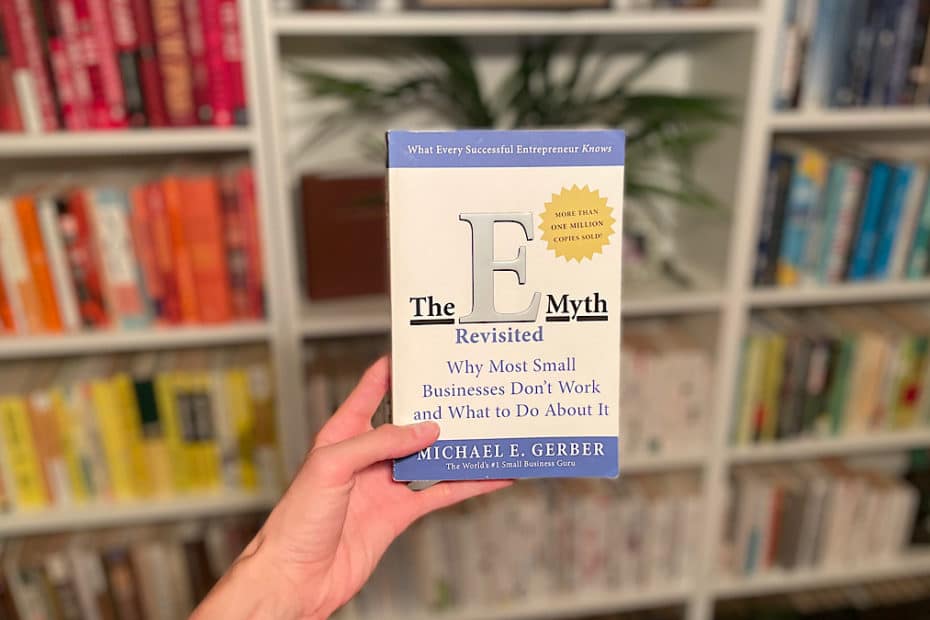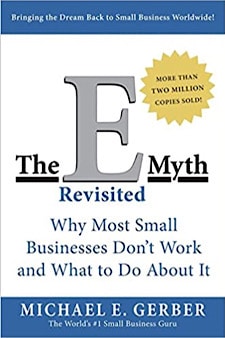“The work we do is a reflection of who we are. If we’re sloppy at it, it’s because we’re sloppy inside. If we’re late at it, it’s because we’re late inside. If we’re bored by it, it’s because we’re bored inside, with ourselves, not with the work. The most menial work can be a piece of art when done by an artist. So the job here is not outside of ourselves, but inside of ourselves. How we do our work becomes a mirror of how we are inside.”
Michael Gerber, The E-Myth Revisited (Page 200)
Beyond the Quote (198/365)
“Autograph your work with excellence,” has become a sort of mantra that I live by. Whatever I set out to do, I always try to give it my absolute best shot. And it doesn’t matter what it is. It could be something important like writing these articles or something that might be considered more menial like vacuuming the rug. The underlying idea is that all work that gets done always gets done with an autograph attached to the work. And that autograph, that work, as Gerber points out above, acts as a reflection of the person who did it. The question that you then have to ask yourself is, what does your work say about you?
Read More »Michael Gerber Quote on How The Work We Do is a Reflection of Who We Are 
